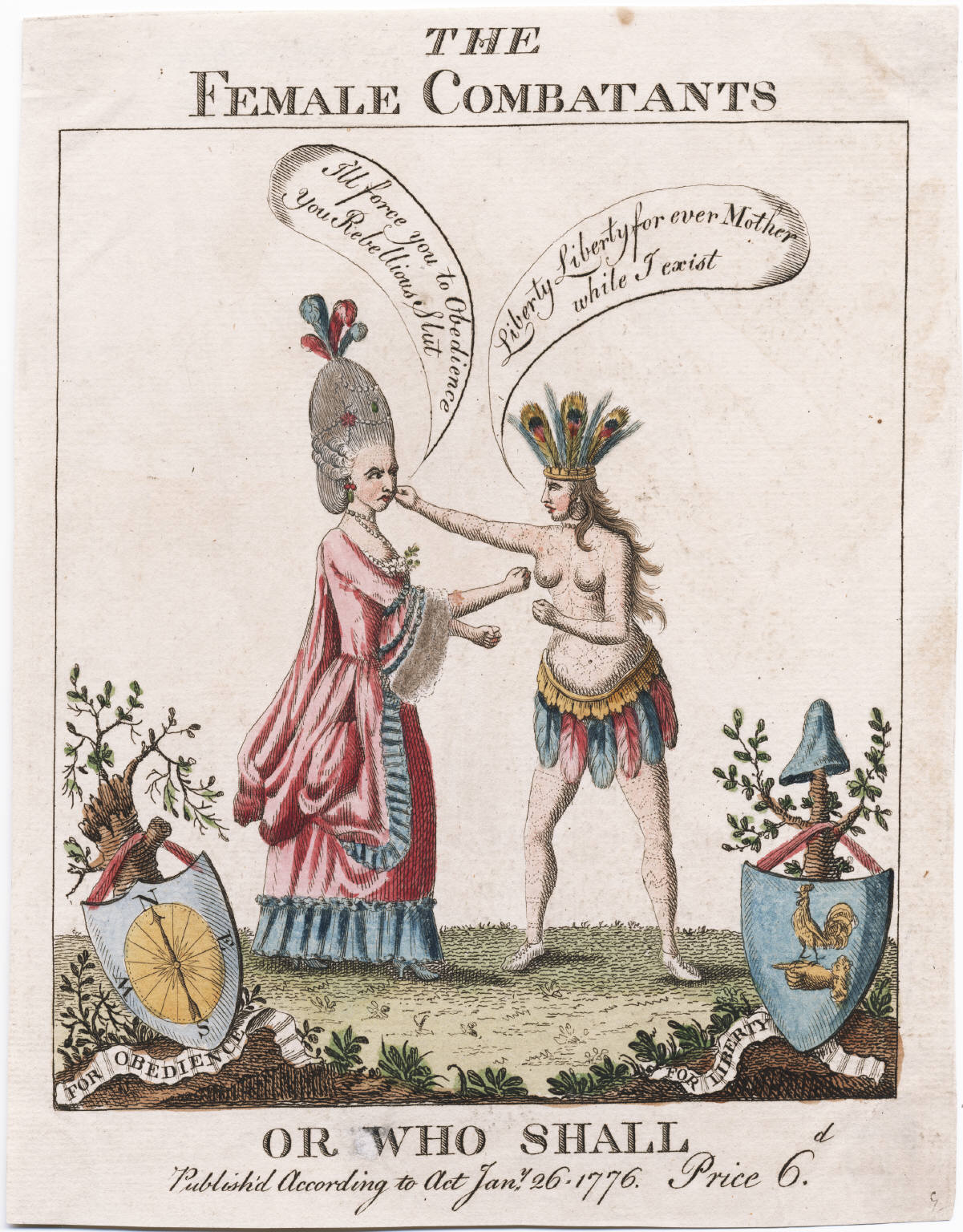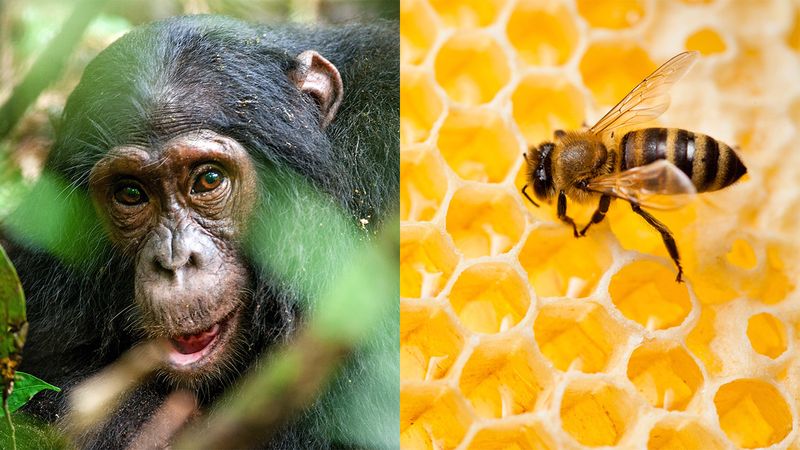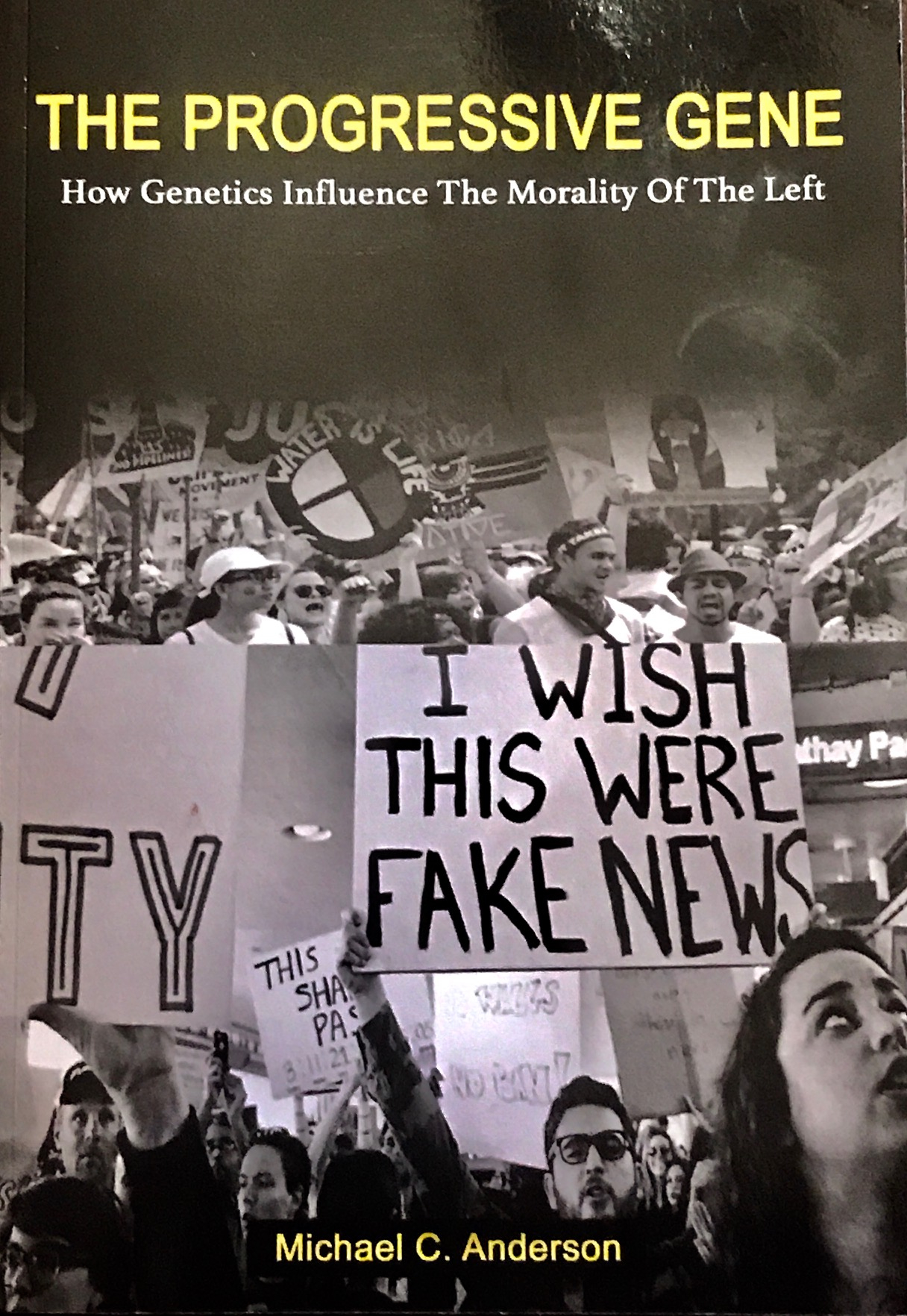How Conservative Britain saw the New America in 1776: “Rebellious Slut”
By P. F. Sommerfeldt –
Morality is often such a morass of competing and even conflicting values that few scientists wade into its murky waters. Thus despite reluctance to define morality and teach values and whatever might be defined as relativist morality in secular academe, a new generation of social psychologists like Jonathan Haidt have offered compelling evidence for evolutionary biases in our human underpinnings for morality, especially in his moral foundations theory. Michael Anderson’s thoughtful book The Progressive Gene builds on Haidt’s theory of what makes some humans progressive and others conservative in the political arena. Haidt uses the metaphor of selfish chimpanzees (90% of our behavior) versus the ultrasocial hive behavior of bees (10% of our behavior) in explaining how humans evolve with Homo heidelbergensis to appreciate collective ritual and social institutions and why social hierarchy is inevitable. [1]
Going back to the Greeks, Aristotle sets out the natural hierarchy thus: individuals cooperate into pairs then create households as the primitive foundation of the village, which village units then expand into community and become the polis, the naturally self-sufficient entity that sets limits on individual liberty by balancing the needs of the polis against the needs of the individual. Aristotle claimed we humans are political animals partly because we can communicate by speech, especially sharing moral concepts like justice, and are raised in families, the relational basis of the polis. Any such social hierarchy is then predicated on the family hierarchy, whether in extended in clan, polis, tribe or ethnos. [2]
But there are some philosophic and genetic leftovers in a huge society that is a nation, Anderson maintains, such as tribalism, which may run counter to and undermine the larger group identity. Using Haidt’s moral foundations theory to explain some of the social polarities that divide modern politics, Anderson suggests, for example, that progressives have genetically evolved to highly value caring (attachment systems, empathy) and fairness (reciprocal altruism) over other moral foundations such as loyalty (coalition-forming) and authority (hierarchical social interaction). In other words, Anderson compellingly extrapolates the genetic hard-wired behaviorisms of humans to suggest that caring passions on the progressive left can run strong, but in doing so efface the more complicated relational moral foundations, especially those of conservatives on the right who may be more analytical and who “may encounter difficulty making moral decisions because the choices often are not black or white” and who may “gravitate to the status quo because their complicated morality often leaves them uneasy” [3] Certainly not all will agree with this specific rationale, especially when ad hominem arguments of fear and using back on otherness are so pandered in the conservative media versus no doubt equally ad hominem arguments of embracing inclusivity in the liberal media because that’s the fair and caring thing to do, but then my progressive self is speaking here! Fortuitously, Haidt and Anderson don’t caricaturize either Progressives or Conservatives as just chimpanzees or bees but identify all humans as both!
Why we are so politically divided today is cogently argued in ch. 1 and chs. 2-4 offer an evolutionary, genetic basis for the current shambles of our “tribal” partisan behavior and global nationalism as well. A clear history of Western political thought is presented in ch. 5 from the Greeks onward with the rise of democracy versus oligarchy and tempered by Solon’s reforms and then vacillated through the opposing bumps and reactions of Roman Republic and Empire with the Age of Faith and Absolute Monarchy finally answered with Enlightenment and Revolution. This political history is then developed into both borrowed and innovative American institutions in chs. 6-8, with a history of progressive thought in chs. 9-12. Progressive Idealism and evaluating economic progress are the themes of the final sections of chs. 13-14. Already well respected as an ancient history blogger, we can hope Anderson will apply the same incisive logic and fairness to the Conservative impulses in his next book! Truly patriots come in all ideologies and affiliations. We who love our country want its best, and if a sympathetic Anderson correctly yet gently identifies me as idealist, so be it. I hope he is right that progressive idealism usually needs tempering with reason.
For me, this well-written and must read book is not so much an indictment of “progressive” but a logical explanation of why we divide so easily into tribalized polarized camps based on history: we cannot help it based on evolution and reinforced behavior whose opposing rewards have moved us ever further into compartmentalized responses. Pervasive use of polarizing social media by external forces (e.g., Russian GLAVSET Internet Research Agency of the “Trolls from Olgino”) to divide equally-patriotic citizens in the 2016 election has been surprisingly effective, but may be proof of how easy it is to mobilize humans who are already genetically predisposed to being marginalized if Haidt’s and Anderson’s ideas are more true than we realize. I recommend The Progressive Gene highly as a great read on polarized political behavior, especially for those who need to see what it means to act like a chimpanzee versus a bee in evolved mechanisms and what makes us tick as well as what ticks us off and why. Anderson sagely pleads for an end to tribalism and political extremism and an embrace of all that makes us humans together, returning to civil discourse and compromise to end the impotent stalemate that makes us seem more enemies than we are. Who would not totally agree with the caveat in the Thomas Hobbes quote that begins ch. 15 (Conclusions): “Hell is truth seen too late.”
Notes:
[1] Jonathan Haidt. The Righteous Mind: Why Good People Are Divided By Politics and Religion, Vintage Books, 2013, xxii, 239
[2] Aristotle, Politics I.2.1252b.27-30 – 1253a.1-18.
[3] Anderson, 18-19 & ff.


